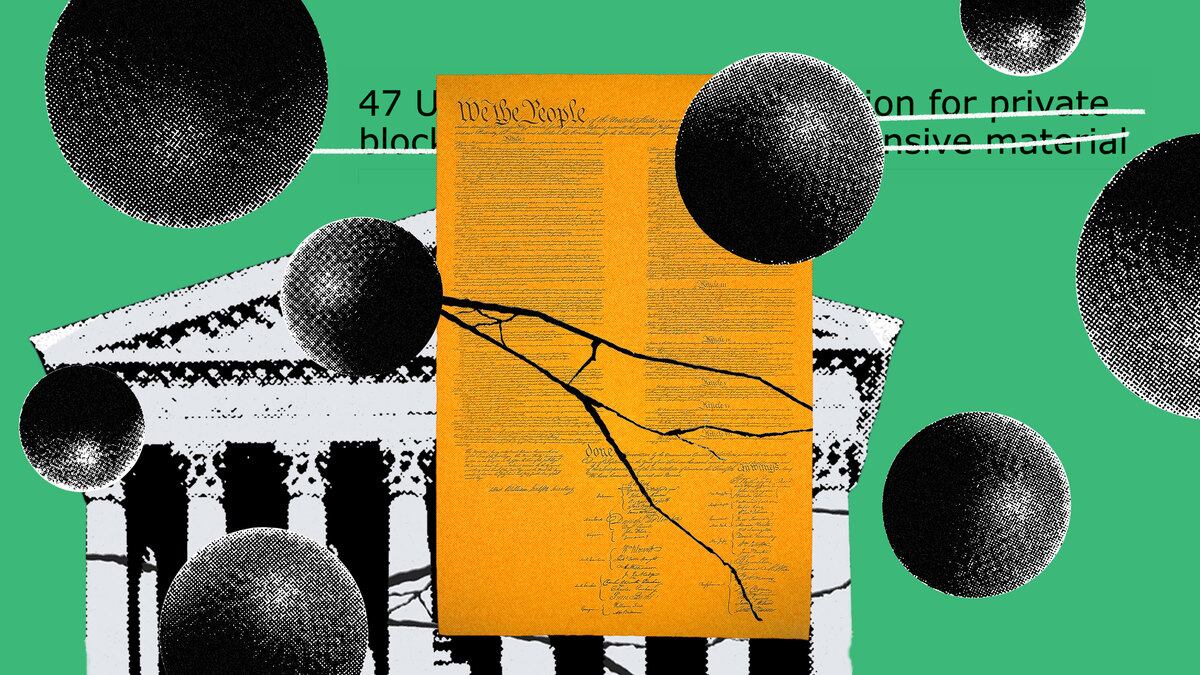Opinion
Photo Illustrations by Luis G. Rendon/The Daily Beast/Getty
Judges Are Playing ‘Calvinball’ With the Constitution Because They’re Mad Trump Was Banned From Twitter
YOU SCURVY SCALAWAAGGG!
Conservative Fifth Circuit jurists took a sledgehammer to the First Amendment—using incoherent logic, incorrect law-reading, and fake history.
opinion

Trending Now





